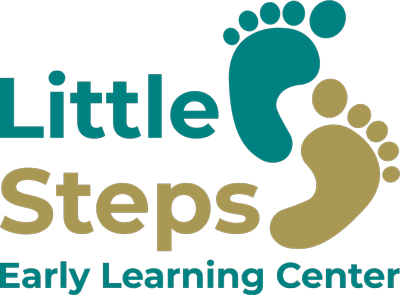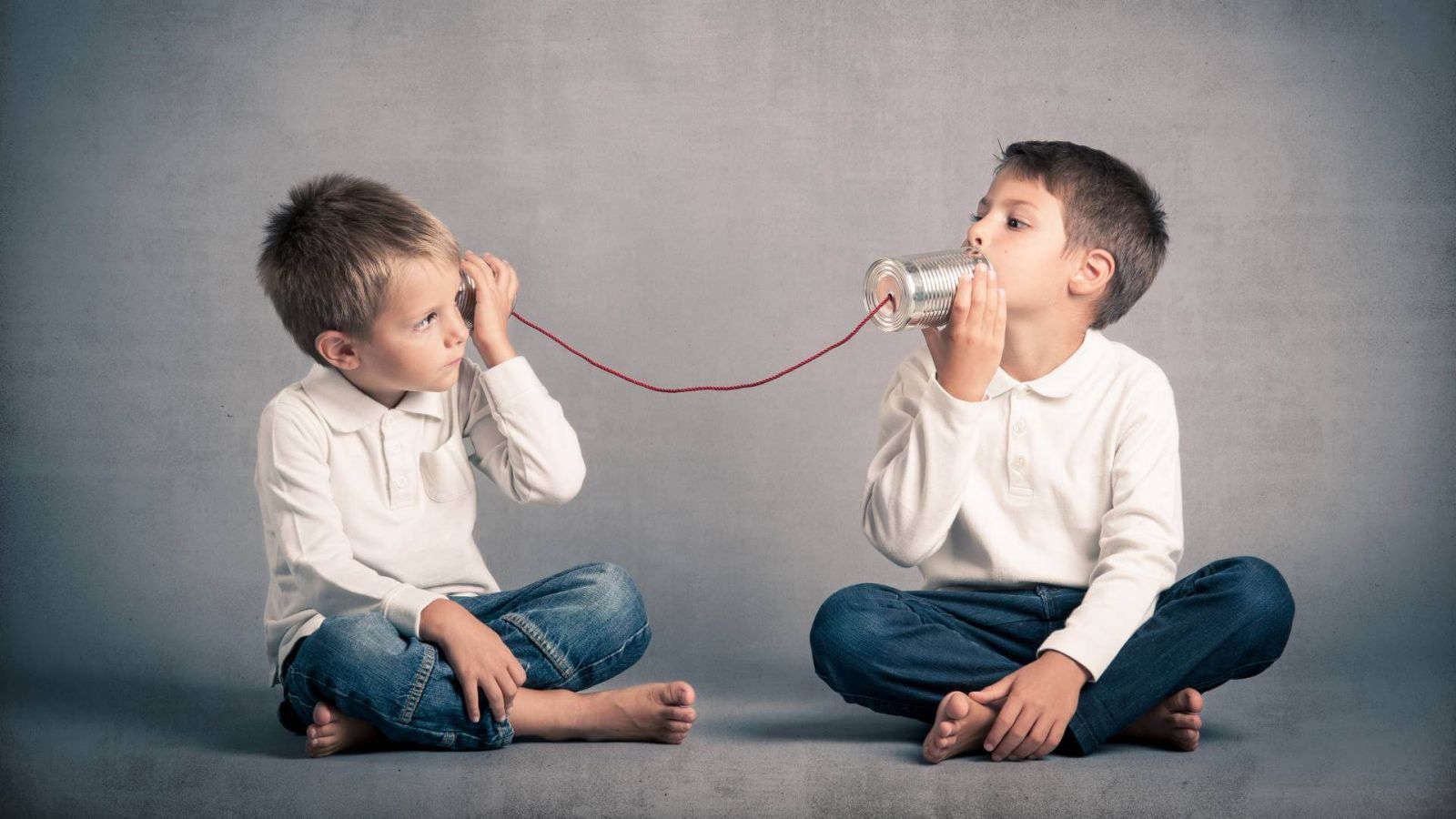In today's diverse and multicultural society, early learning centers play a crucial role in supporting the educational needs of dual language learners (DLLs). Dual language learners are children who are exposed to and acquire two or more languages during their early years. As the number of DLLs continues to grow, it is essential for early learning centers to adopt effective strategies and provide appropriate support to ensure the optimal development and success of these children. This article aims to explore the importance of supporting DLLs in the early learning center and provide practical strategies to promote their language and cognitive development.
Creating an Inclusive Environment:
One of the primary goals in supporting DLLs is to create an inclusive environment that values and respects their linguistic and cultural backgrounds. This can be achieved by incorporating materials, books, and resources that reflect the languages and cultures represented in the classroom. It is crucial for educators to foster an inclusive atmosphere where DLLs feel comfortable expressing themselves and using their home language.
Promoting Home Language Maintenance:
Research has consistently shown that supporting the maintenance of a child's home language is beneficial for their overall development. Early learning centers should encourage DLLs to continue using their home language and provide opportunities for them to practice and develop their language skills. This can be done by incorporating the home language into daily routines, encouraging peer interactions in the home language, and involving families in language-related activities.
Effective Language Instruction:
Early learning centers should provide effective language instruction that addresses the unique needs of DLLs. This includes employing teachers who are proficient in the home languages of the children, as well as in the language of instruction. Bilingual educators can facilitate language development by providing explicit language instruction, using gestures and visual aids to support comprehension, and engaging children in meaningful conversations. Individualized support should be given to DLLs to ensure they receive the necessary language input and scaffolding to progress in their language acquisition.
Collaborating with Families:
Family involvement is crucial in supporting DLLs' language and cognitive development. Early learning centers should establish strong partnerships with families, recognizing them as valuable resources for their children's education. Regular communication should be maintained to exchange information about the child's progress, provide resources and strategies for home language support, and involve families in school activities. Families should feel empowered to share their cultural practices and traditions, enhancing the overall learning experience for all children.
Cultural Responsiveness:
Cultural responsiveness plays a vital role in supporting DLLs' overall development. Educators should be aware of and sensitive to the cultural norms, values, and practices of the DLLs in their classrooms. By incorporating culturally relevant materials, activities, and celebrations, early learning centers can create an inclusive environment where DLLs feel a sense of belonging and connection. Culturally responsive teaching fosters positive identity development and enhances learning outcomes for all children.
Assessment and Progress Monitoring:
Assessing the language and cognitive development of DLLs is essential to ensure appropriate support and intervention. Early learning centers should use a variety of assessment tools that consider the unique linguistic and cultural backgrounds of DLLs. These assessments should be administered in a culturally sensitive manner and be available in the home languages of the children. Regular progress monitoring allows educators to track DLLs' development, identify areas of need, and provide targeted interventions to support their growth.
Supporting dual language learners in early learning centers requires a comprehensive and holistic approach that recognizes the importance of their home language, culture, and individual needs. By creating an inclusive environment, promoting home language maintenance, providing effective language instruction, collaborating with families, practicing cultural responsiveness, and utilizing appropriate assessment tools, early learning centers can empower DLLs to thrive academically and linguistically. It is through these intentional efforts that we can ensure the success of all children, regardless of their linguistic background, and prepare them for a globalized and interconnected world


